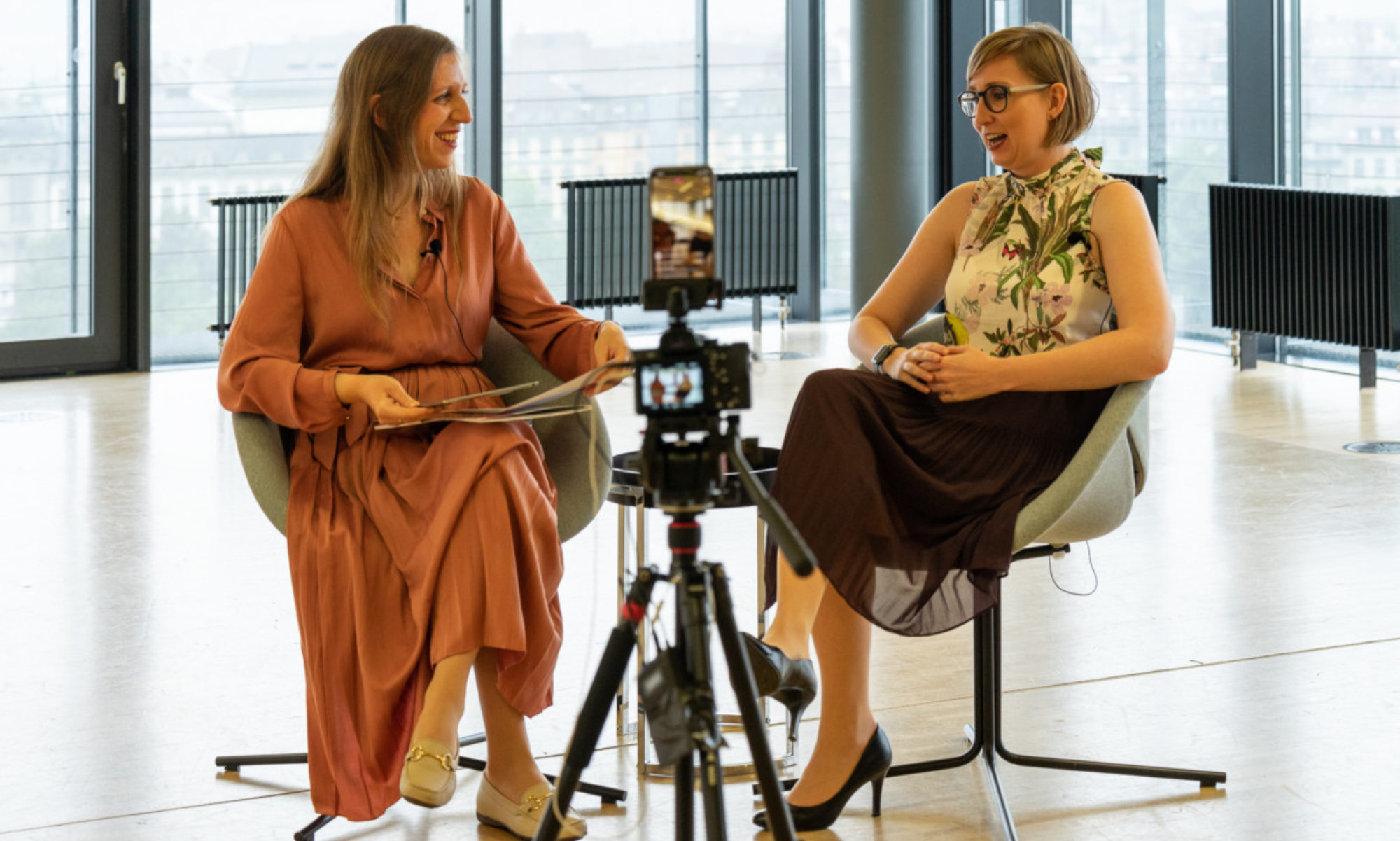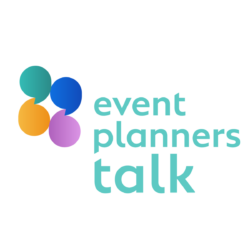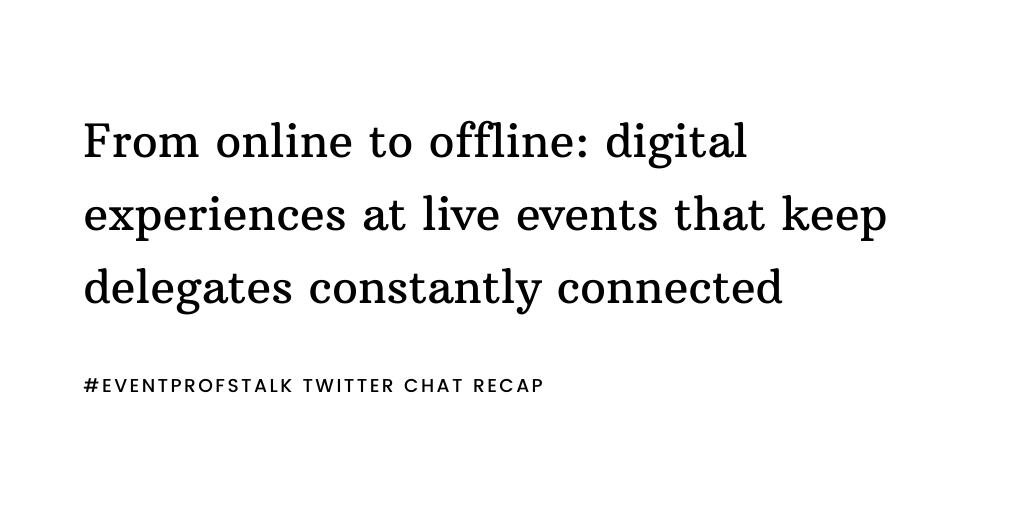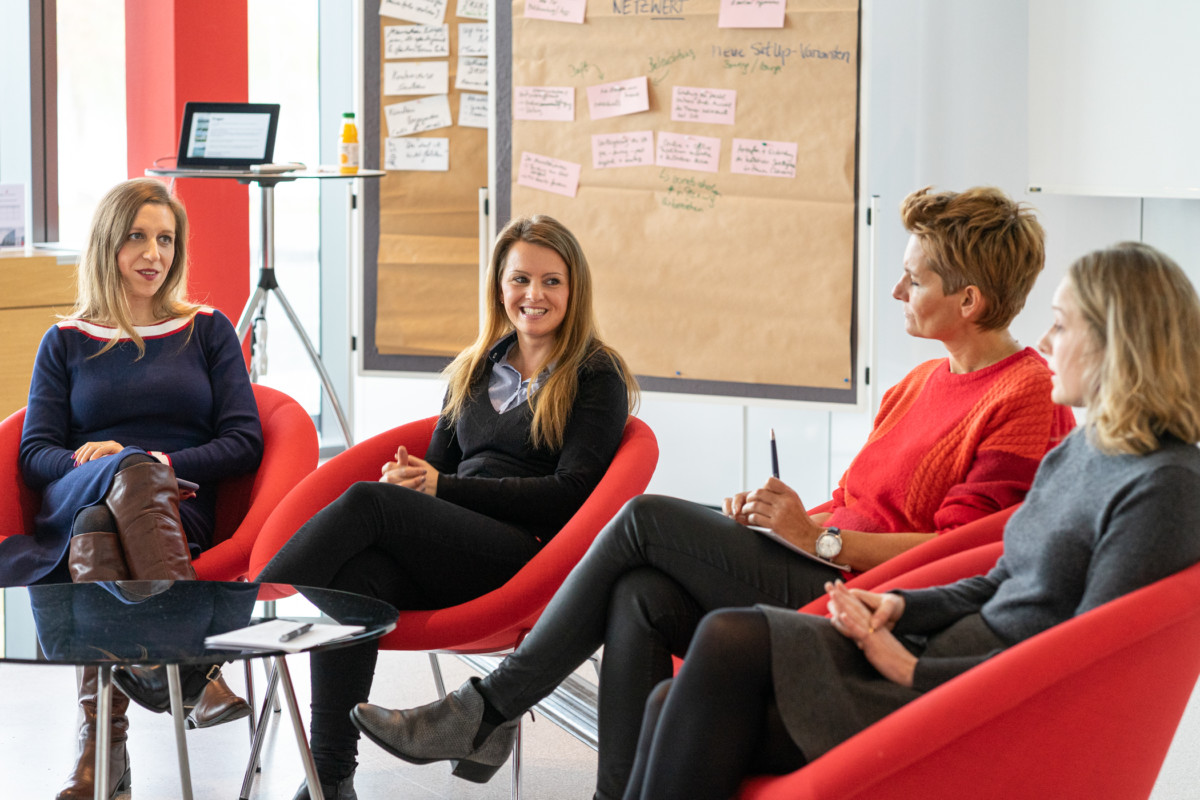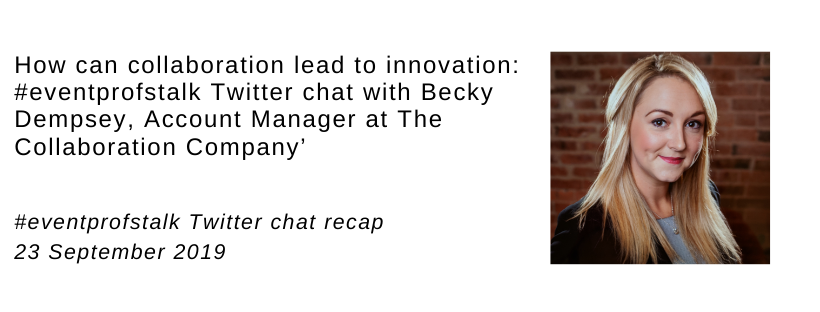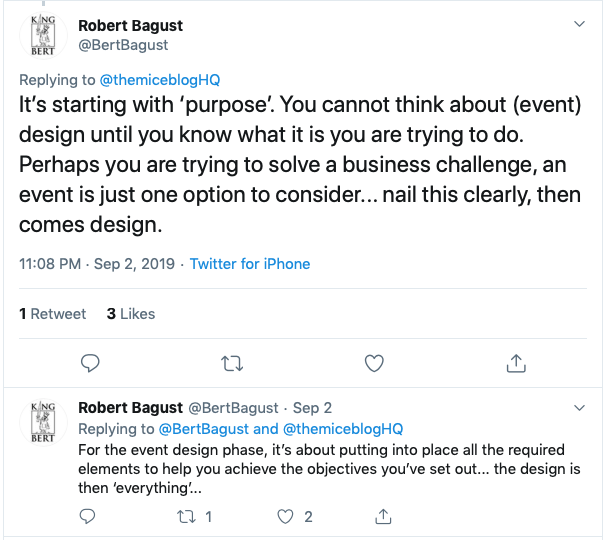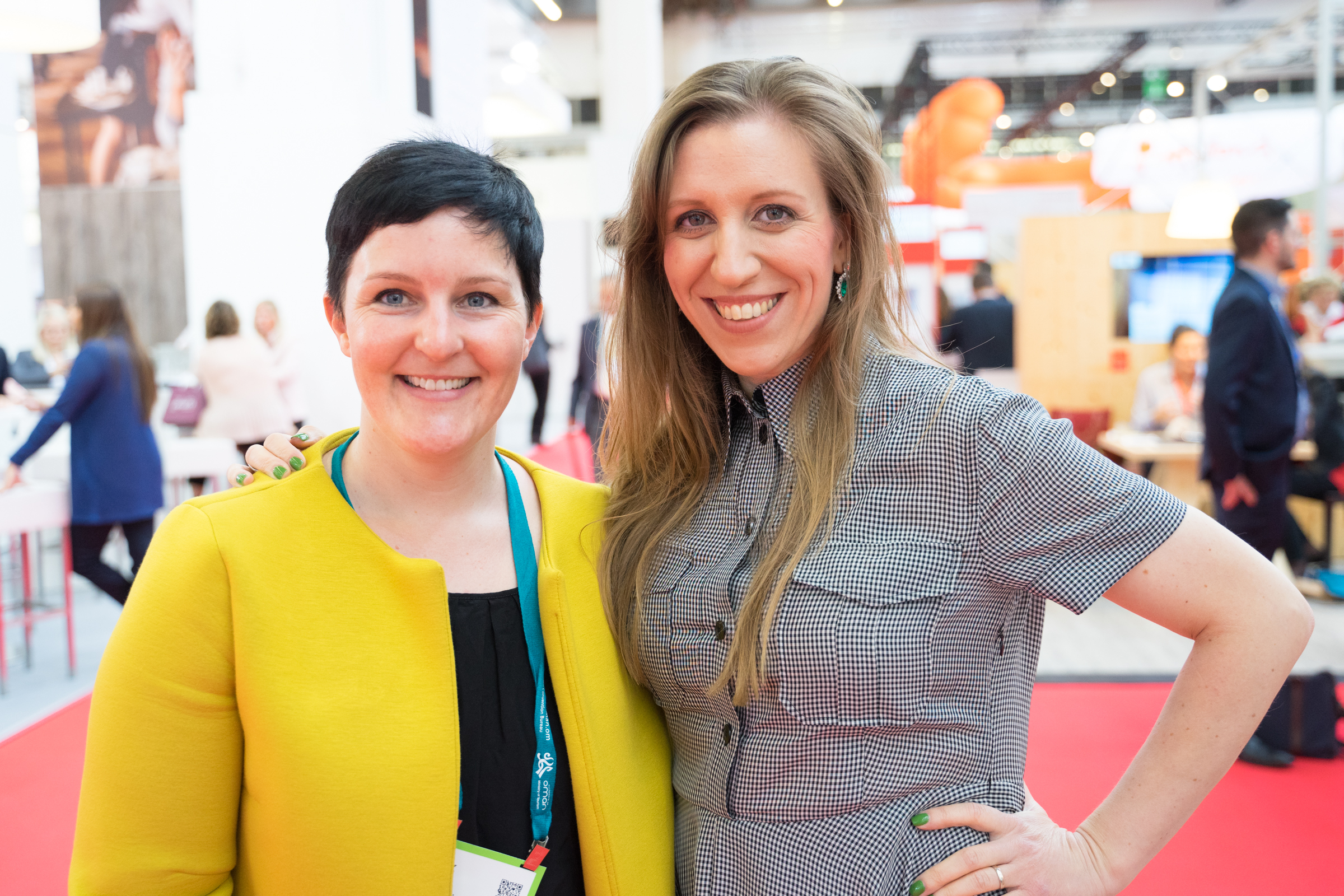The world has changed overnight. With the rapid spread of COVID-19 and the current lockdown in Europe and in other parts of the world, entire industries require their staff to work from home. The new reality will transform entire industries and post coronavirus, a new business world will emerge.
Events will not be the same again. The way we work and communicate will evolve and take place increasingly online. Although there are opportunities in such adverse situations, it’s also important to acknowledge the anxiety that people feel about it right now, working from home and being isolated.
During this challenging time, we continue to host our regular #eventprofstalk Twitter chats and seek additional expert advice via Instagram Live interviews on some of the subjects we cover on the Twitter chat. This time, we want to focus on new work and working from home. We interviewed Caleb Parker, an American London-based entrepreneur who’s the founder of Bold, a small meetings and flexible workspace brand in the UK. Caleb has been heavily involved in the events industry and with the Hotel Booking Agents Association (HBAA), and we’ve also worked on multiple events together over the past five years.
For some event professionals, working from home is a new environment, whereas others have been doing it already for years. Caleb believes that although there’s a lot of talk about being productive while working from home, it’s also a very stressful time for people; however, it’s also a time when we need to realise that governments around the world are doing all they can do to ensure that from both health and economic perspectives, most of us will survive, and he is highly optimistic about that.
